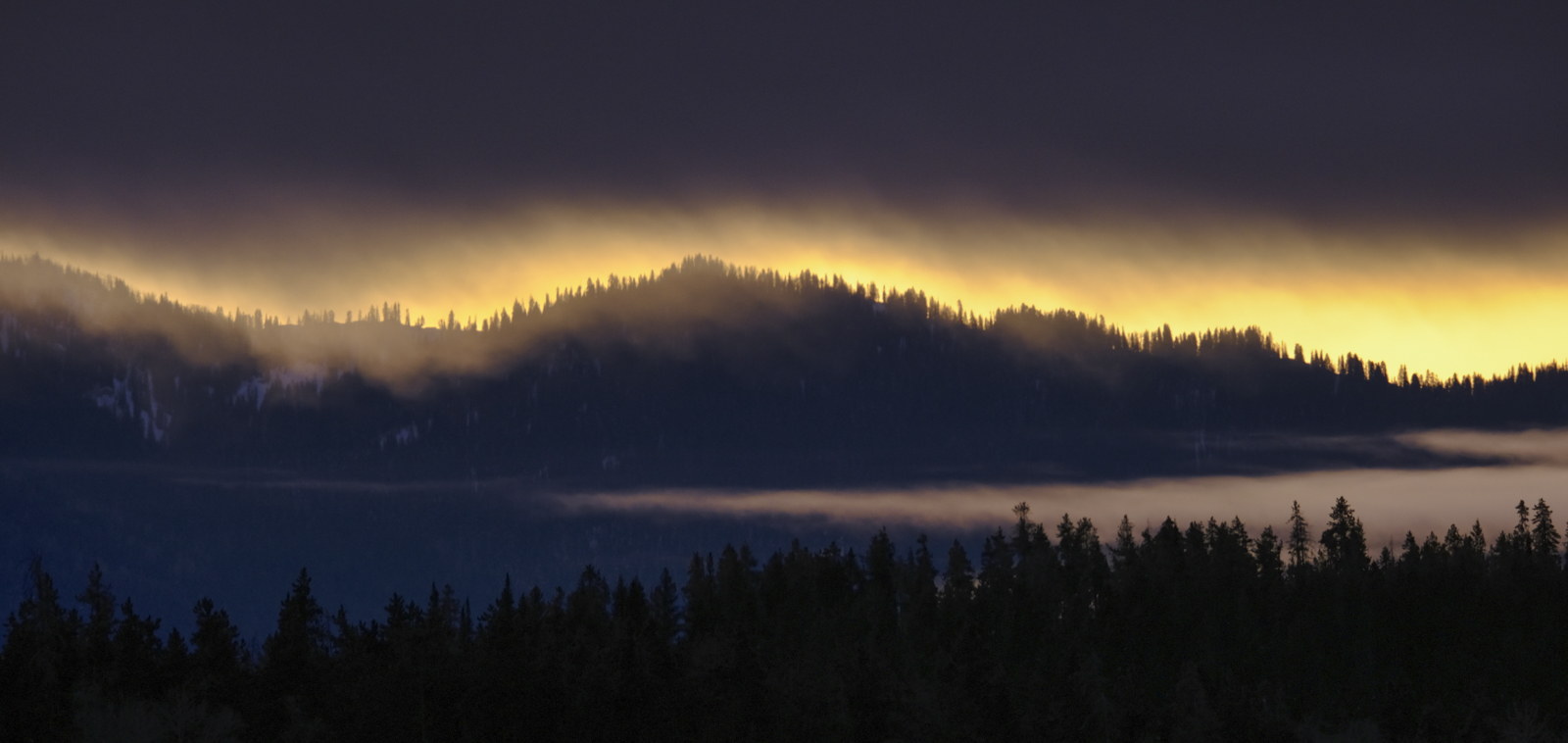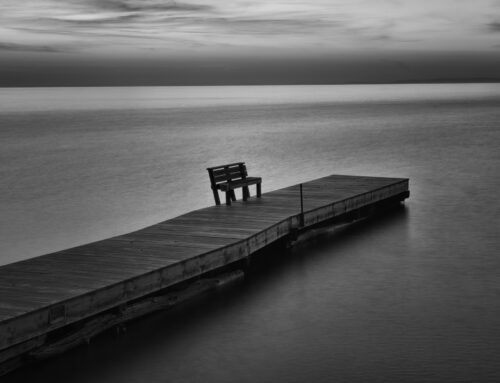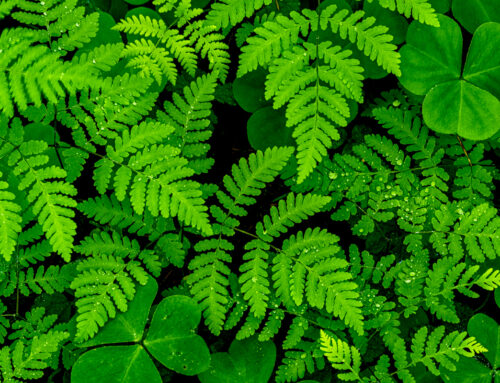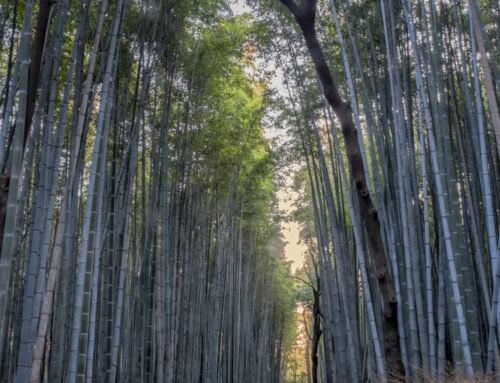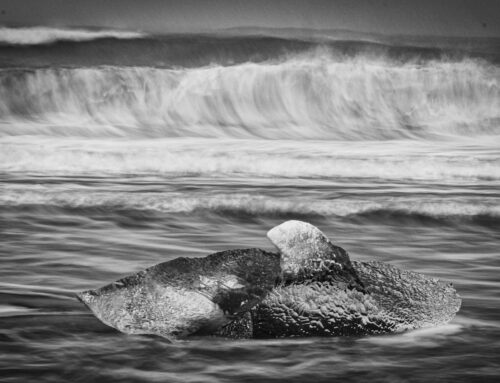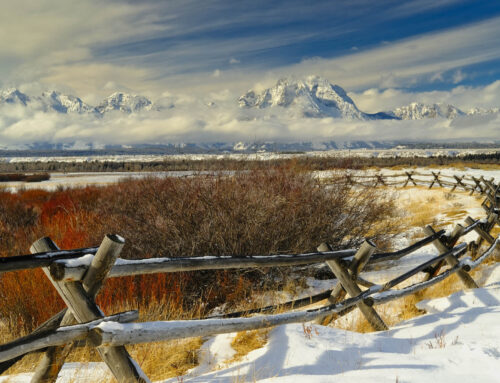Images and Text ©Jack Graham / Jack Graham Photography
“The Two Most Powerful Warriors are patience and time” … Leo Tolstoy
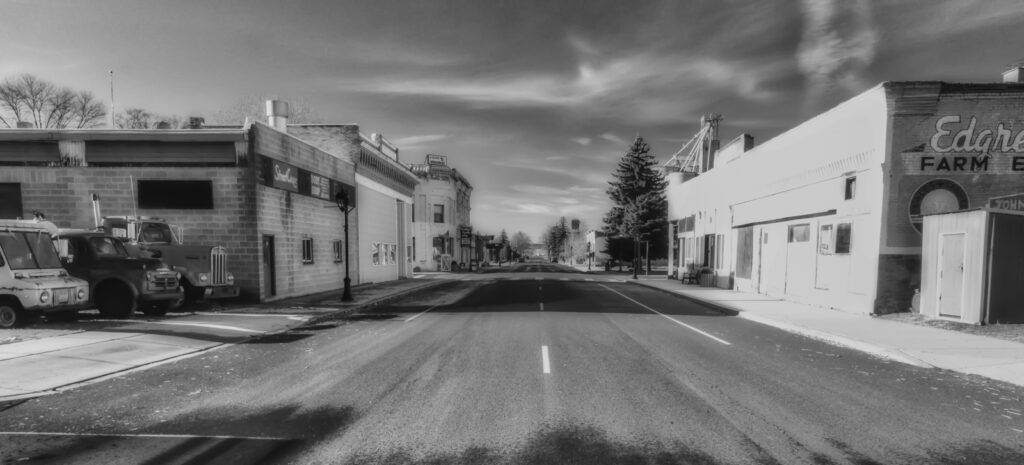
All creative people encounter many considerations not only in normal everyday life, but especially when they set out into the creative process. For the inventive mind, time can be a friend as well as an enemy.
Many of today’s photographers are overly concerned and consumed with gear, travel, light, subject matter and more. Little, and certainly not enough consideration is put into how time affects our creativity. Those of you who know me well understand that coming back home with pleasing photographs is not at the top of my priority list. To me and many true artists, images are a byproduct of the experience and the process. However, time can really affect your creativity and if not careful can be extremely frustrating.
 This is something I have thought about for a long time. See, there is that “time” thing is a factor again! I am always learning to understand how time, affects one’s creativity.
This is something I have thought about for a long time. See, there is that “time” thing is a factor again! I am always learning to understand how time, affects one’s creativity.
So, how does time affect the average person? Things like preparing, (over preparing is a separate article in and of itself!) figuring out the time to get to a location, or time to research and plan when and where you want to be, are all crucial factors to consider before setting out. We also have in the back of our mind, arrival time at a destination, departure time from a destination and how perhaps how much time we must enjoy photography. How we deal with time affects our level of creativity. Learning to deal with “time” is important.
So, how do we deal with time. Let us consider the average person who works a nine to five, has a family, commitments, and responsibilities. He or she might get a just few days per month to get out to photograph. Let us say you go out on a Saturday morning with the intention of enjoying a day out in the field with your camera. Let us imagine that you know you must be home for dinner. Subconsciously the “time” factor affects our creative process. I believe for example in this instance time, and therefore your day works like this. How do most folks manage time and knowing you have to be back in time for dinner that so often is the case.
Early Morning— You arrive at your destination and begin to get in the zone, looking around (of course slowing down) and taking in any things that interest you.
Mid-Morning. Hopefully, you are now in the zone, enjoying your time in the field and even seeing an image or two. This can be a period that is conducive to creativity.
Mid-Day – You are still in the zone. It is still all good. But now you begin checking your watch.
Early Afternoon –You still are occasionally checking your watch, noticing how fast the time is going and you begin to realize that you need leave by “X” time to get home. Your creativity beginning to beginning to decline..
Mid Afternoon—The lights changing. You realize it is getting close to your departure time. There is now a steep decline in creativity.
Late afternoon—Now you are constantly checking your watch, you might as well leave now!
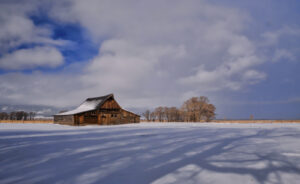 It is interesting that you only have a short amount of time to really enjoy your day let alone allow your mind to be free of this “time” concept to allow any creative juices to flow.
It is interesting that you only have a short amount of time to really enjoy your day let alone allow your mind to be free of this “time” concept to allow any creative juices to flow.
I believe for most folks; this pattern is normal. However, I have a few ideas to avoid the normal. around this. Please realize that these patterns are normal, and you are not alone.
Consider this:
- Do not overly prepare for your day in the field, deal with whatever conditions you are given.
- Do not go out under pressure to produce images. Maybe just being “there” is enough.
- Have a goal. Just one decent image is enough, or again, none.
- Do not let time get to you. Its normal to not be annoyed when the alarm goes off in the mornings! Be thankful for where you are and having a day in a beautiful area.
- Where you are is certainly better than the alternative!
- The demands of our normal lives steal our ability to be creativity. Time is a major factor, among others. I would encourage you to use your time looking for ideas and locations that you genuinely enjoy. Play with your ideas and things that intrigue you. For example, when I leave my home and drive up to Mt Rainer when there is some drama in the sky or the conditions are good ( it’s very close to where I am currently living) to see the mountain in all its glory, but perhaps by accident, I become more interested in the flora in a location, then I concentrate of that, not what is the obvious. Let yourself go.
- To avoid time pressure, I make realistic goals and more often not spend time over planning. I used to check weather constantly among other things. Now I just go and be surprised and deal with what the conditions are. I do not want to be disappointed because of being over prepared.
Albert Einstein said…… “Time is an illusion.”
 In today’s world we are encouraged, to our detriment to go fast. It has been ingrained into us from the childhood years. Fast cars are better, the faster we get to a destination the better. Today people post images immediately to social media and are looking for instant gratification from others who often know nothing about photography. I read somewhere that Facebook will publish over seventy-five billion images this year. Cameras can take more than 24-30 frames per second. Now that is important is not it. NOT!
In today’s world we are encouraged, to our detriment to go fast. It has been ingrained into us from the childhood years. Fast cars are better, the faster we get to a destination the better. Today people post images immediately to social media and are looking for instant gratification from others who often know nothing about photography. I read somewhere that Facebook will publish over seventy-five billion images this year. Cameras can take more than 24-30 frames per second. Now that is important is not it. NOT!
I often think about the time, not that long ago, when images were very carefully evaluated before making a print, let alone showing them to others Sadly, it seems to me that this time has passed.
Time has been ingrained into our being from birth. We must eat dinner at a certain time. Why? We make a certain amount of time to do certain things. Why? We go to school; a class is a finite amount of time. Then we have a finite amount of time to get to your next class. If you are elate is bad. When we get into the job market if you are slow your boss is unhappy. If you are unproductive, you might get fired. Schedules made around time are always the norm. Is there anything more important than being on time? We watch sports that are all structured around time (That is why I like baseball so much!) As you can see life is all about time.
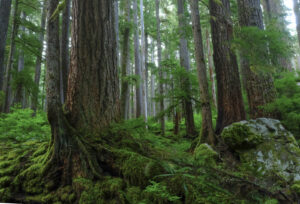 The pressure of dealing with time is all around us. It is quite normal to feel pressure at work to produce in a timely manner. It seems like when projects go from initial beginnings to finality, the pressure of time increases. Many of us are under pressure always switching gears to complete projects during a normal day. Pressure and time constraints create frustration, not creative paths. You may think you are more creative under pressure, but that is a false premise. Pressure created by time can hold over from one day to another and another. Time is our enemy when attempting to be creative.
The pressure of dealing with time is all around us. It is quite normal to feel pressure at work to produce in a timely manner. It seems like when projects go from initial beginnings to finality, the pressure of time increases. Many of us are under pressure always switching gears to complete projects during a normal day. Pressure and time constraints create frustration, not creative paths. You may think you are more creative under pressure, but that is a false premise. Pressure created by time can hold over from one day to another and another. Time is our enemy when attempting to be creative.
I suggest reading “The River of Consciousness” by Oliver Sacks. He discusses the difference between “Personal time” and “Clock time.” He says that when we are focused, our minds need to shut out stimulus, therefore decreasing our ability to perceive the passage of time. As we let ourselves go, we are more inclined to produce great ideas and our brains sometime go into creative overdrive. When time is a factor, it is almost impossible to let go, into a state of creativity, though you may think you are there. When our minds are open, we create endorphins in our brains which make time go faster.
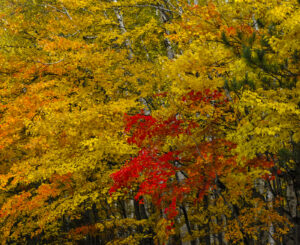 Let us briefly talk about creativity. Creativity happens when we form associations in our brain, and subconsciously evaluate which ones are interesting and pleasing. Einstein said that creativity is a “Combinational play.” If these concepts do not align and collide with each other your ability to create will be deterred.
Let us briefly talk about creativity. Creativity happens when we form associations in our brain, and subconsciously evaluate which ones are interesting and pleasing. Einstein said that creativity is a “Combinational play.” If these concepts do not align and collide with each other your ability to create will be deterred.
It is important to be able to focus. Working on a single idea or concept instead of many ideas will offer better results. Uninterrupted time leads to creativity. Did anyone ever walk up to you when you are evaluating a scene to chit-chat? I bet you were not happy about that. I certainly would not be. I do not want to be interrupted. Isolation is good to be able to focus on your creativity. That is why ideally my photography is somewhat of a solitary activity.
I also have determined that the more time is introduced as a factor in my work the less productive and focused I become. Additionally, when I put myself (which I rarely do anymore) in a position to “have to” produce, my creativity is diminished.
Loose your watch!
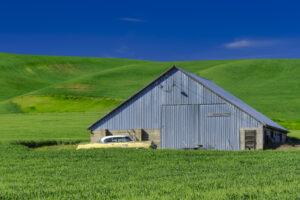 TIP. Tripods are good. First, they really help keep things stable. But as important they tend to slow us down. I am constantly preaching that slowing down is the single greatest thing we can do that will improve our photography and allow us to enjoy the beautiful places we go and the things we see. I am conscious to use my tripod not only for the obvious, but as a tool to make me slow down. In almost every PODCAST that I host with my co-host John Pedersen, somewhere in our interviews with other photographers we inevitably talk about slowing down. When I am in the field teaching by myself, or with John or Bill Fortney, we do the same.
TIP. Tripods are good. First, they really help keep things stable. But as important they tend to slow us down. I am constantly preaching that slowing down is the single greatest thing we can do that will improve our photography and allow us to enjoy the beautiful places we go and the things we see. I am conscious to use my tripod not only for the obvious, but as a tool to make me slow down. In almost every PODCAST that I host with my co-host John Pedersen, somewhere in our interviews with other photographers we inevitably talk about slowing down. When I am in the field teaching by myself, or with John or Bill Fortney, we do the same.
